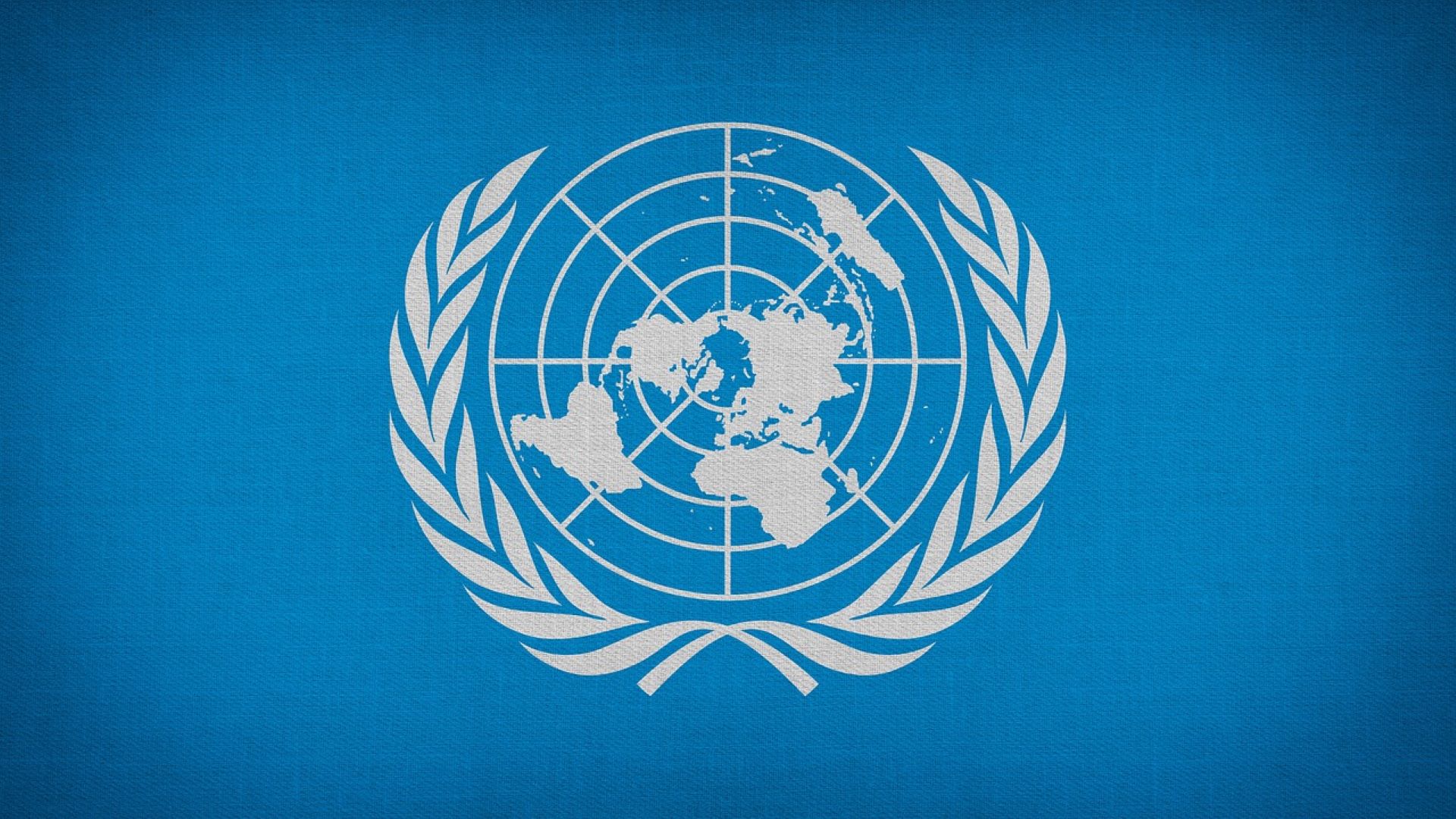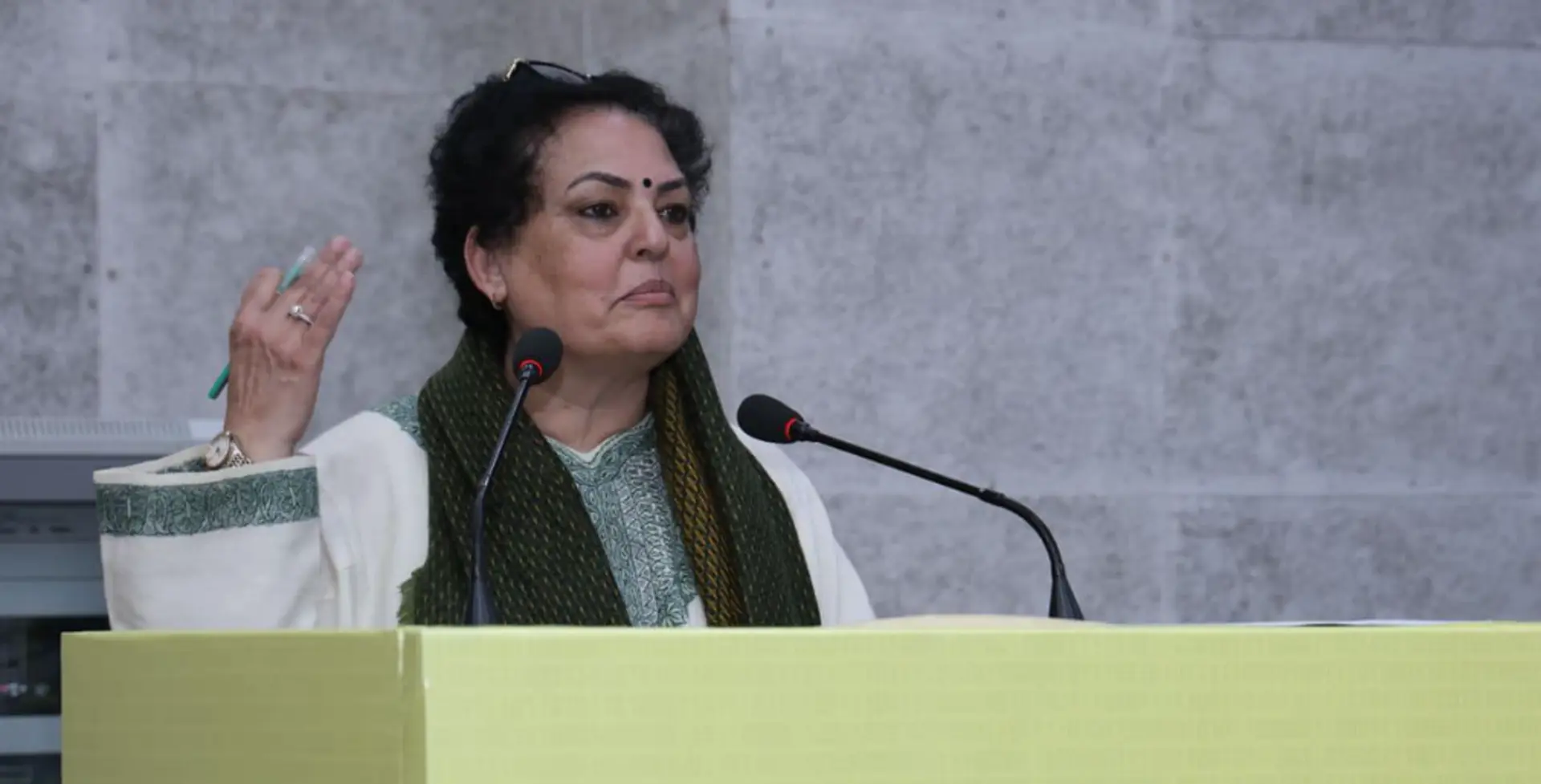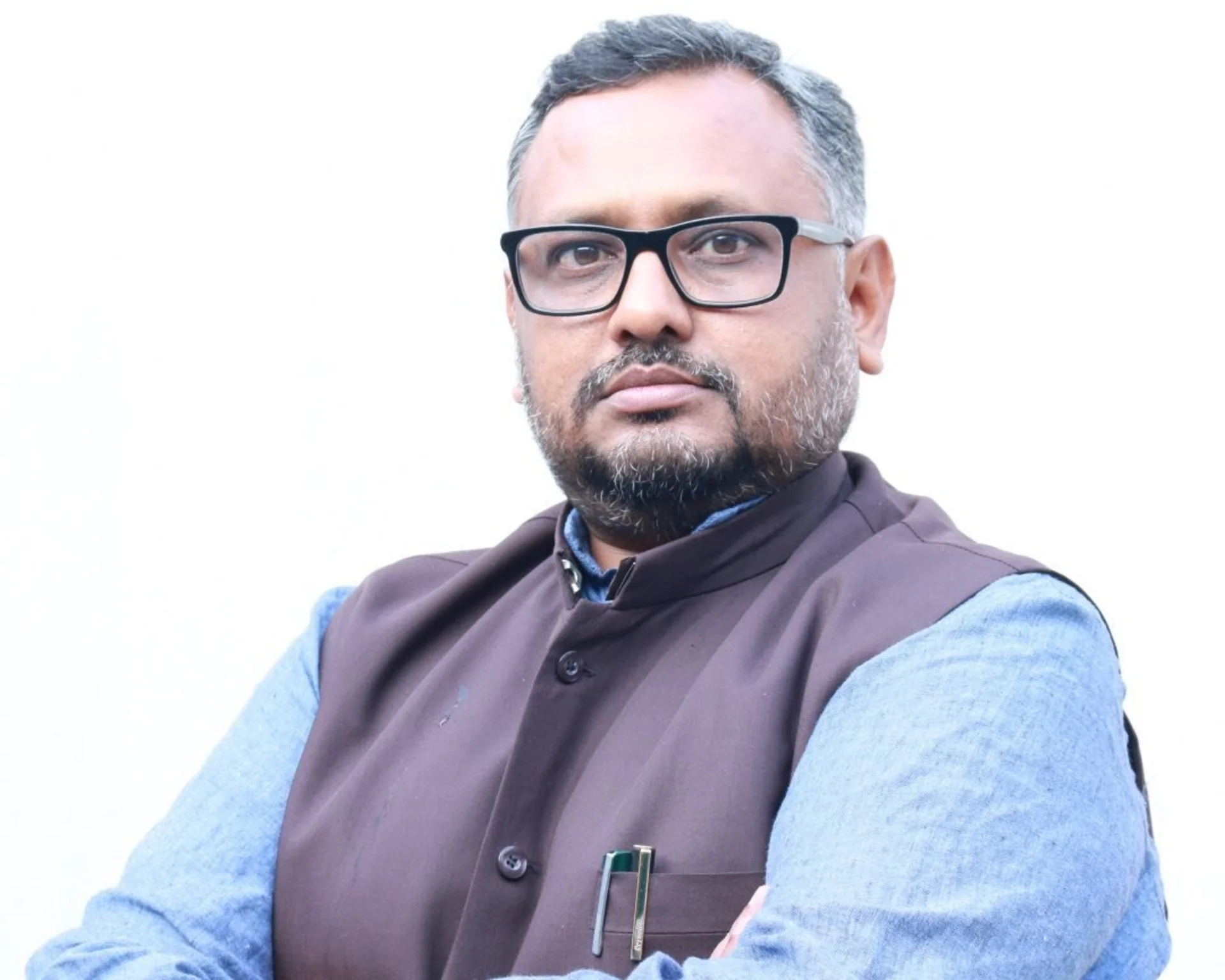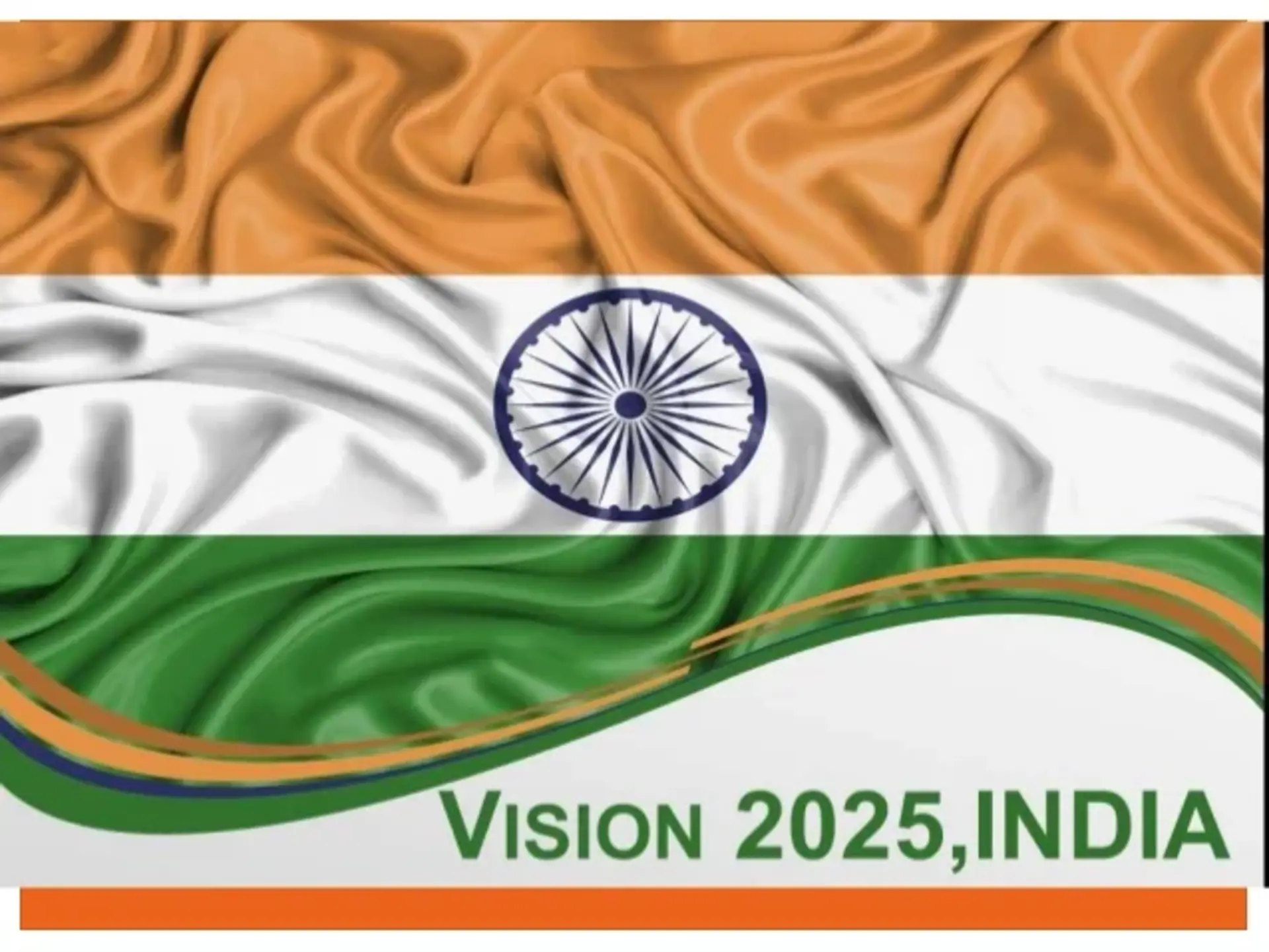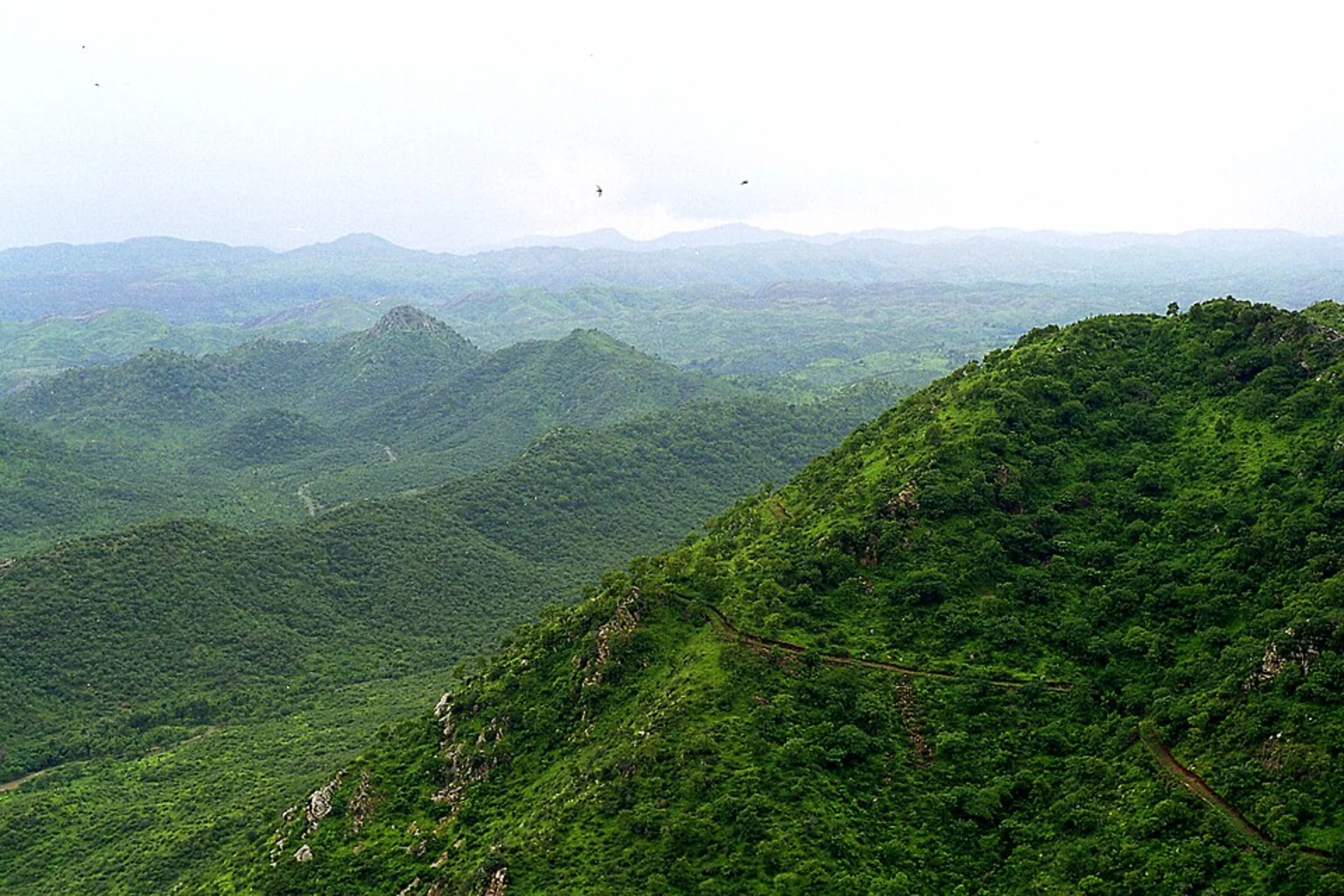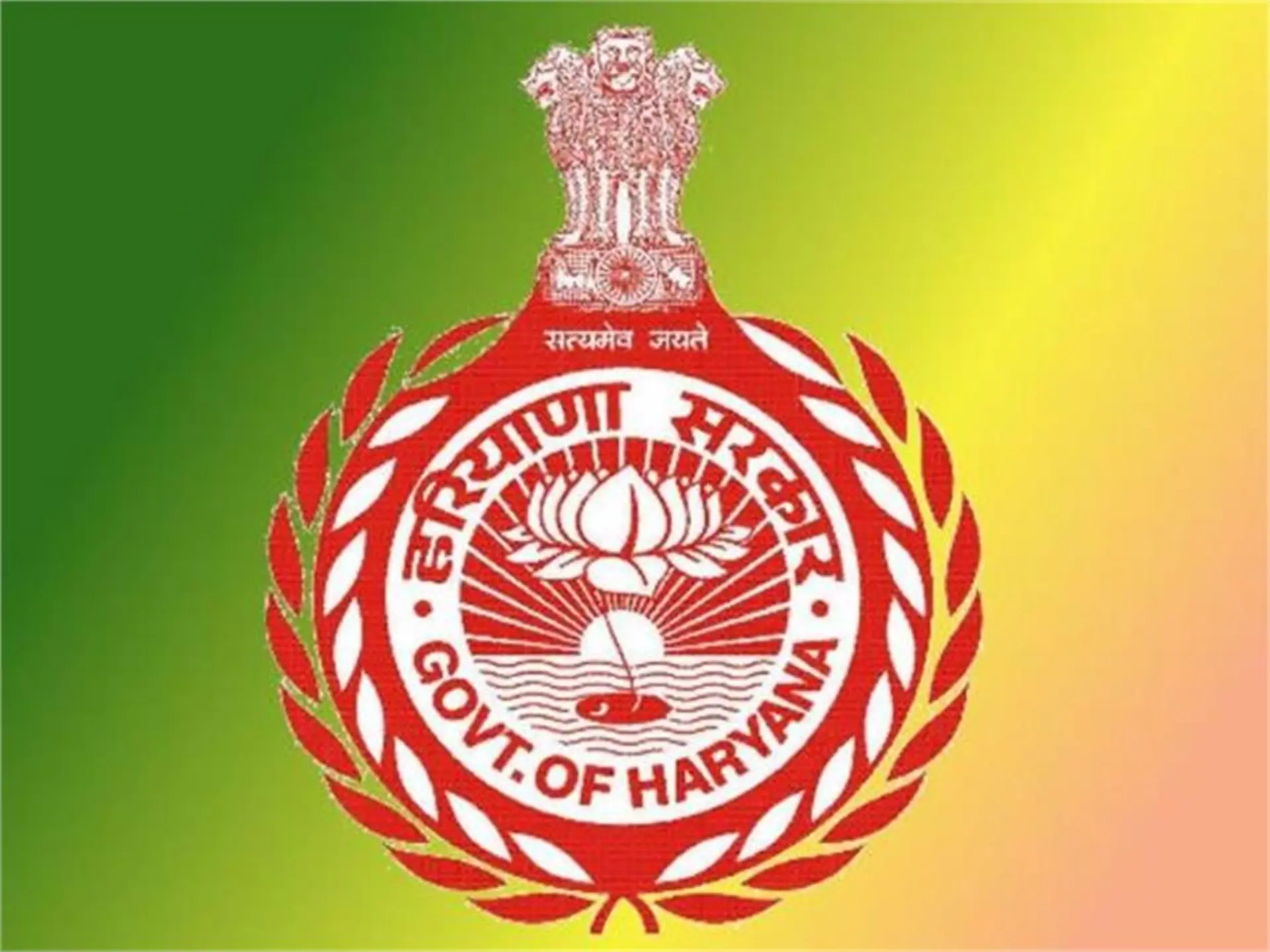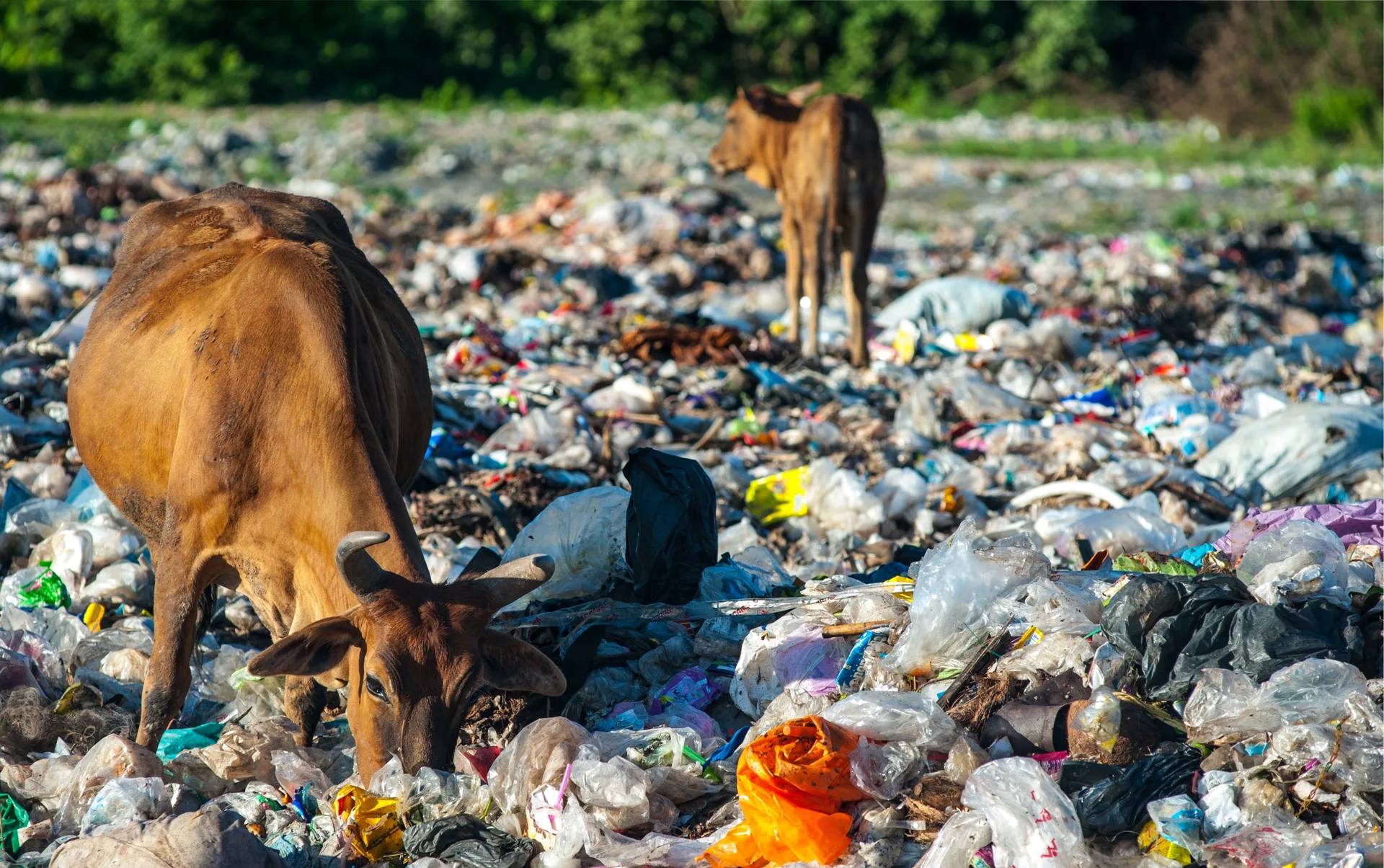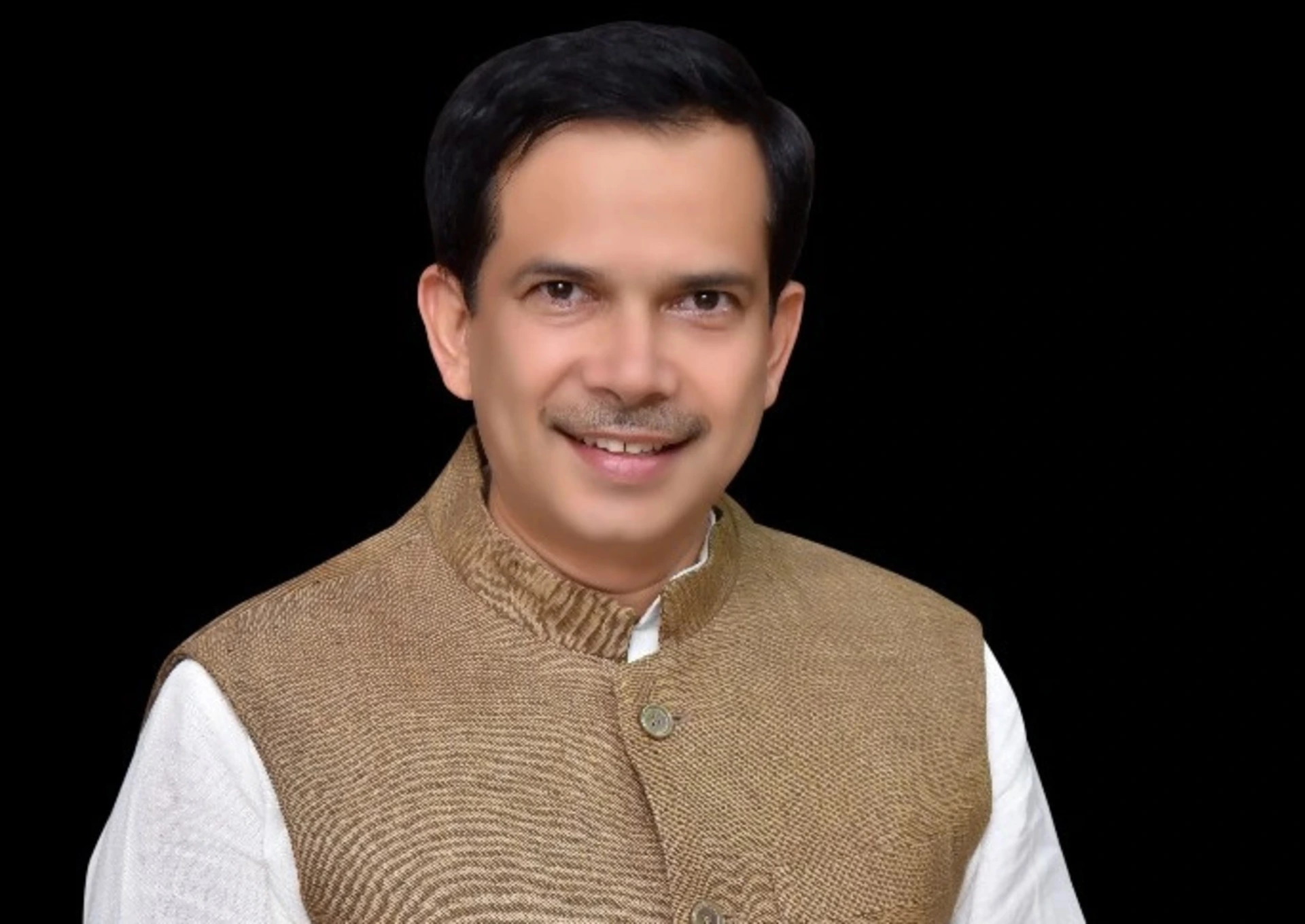
The United Nations Security Council is one of the most powerful multilateral organisations in today’s era. The UNSC virtually decides on the security situation of the world. Its power also extends to controlling the internal security situation where a dire environment exists. The UNSC also has the power to deploy the peacekeeping missions. UNSC at present has 5 permanent members, namely; China, USA, UK, France and Russia.
Being a UNSC permanent member, helps a nation to increase its geopolitical stature and at the same time, makes the country take national security measures using diplomacy as an efficient means. UNSC members also have the power to veto or stall the decisions made by the rest of the United Nations. Being a member of UNSC also allows a member state to be entitled for benefits of being a crucial member in all other sister UN organisations like WHO, World Bank etc. which play an important role in good governance.
The permanent membership of India at the UN is a highly debated topic in the Indian political spectrum.PM Narendra Modi along with Dr. S. Jaishankar has repeatedly called for reforms in the UNSC structure and has also obtained the backing of nations like Japan, nations of European Union, Russia, France, USA, UK towards this milestone. Intellectuals such as Jeffrey Sachs and a dozen other economists have also expressed the lack of representation of Asia as both permanent & non permanent members of UNSC. This article would try to realistically analyse India’s chances as per the proposed Annan Plan,2005 & taking geopolitical realities into consideration.
The Annan plan was proposed as 2 plans: Plan A & Plan B. Plan A included the proposal to make 6 nations permanent status, with increasing the strength to 24 members. The plan was presented in 2005 during the millennium development goals program. Though the details of what eligibility the contender should have is unclear,some experts have pointed out factors like: Economics, Multilateralism, Geopolitical heft & Military power.
If the core indicators are taken into consideration then, as per economy, India is the fifth largest economy(size greater than France, UK and Russia), per capita income is close to 2300$ and India is already the largest food producer, dairy producer, largest smartphone manufacturer and a rising semiconductor manufacturer. The Indian economy is growing at more than 6% whereas P5 nations have struggled to record a 5% growth rate in the last 5 years. India’s inflation and credit rates(repo, rev.repo and CRR) by the RBI have been in a stable region when compared to other P–5 nations.
India’s capital expenditure of 11.1 lakh cr is already way more than many P - 5 nations. India has removed 22 cr people out of poverty in the last decade. India also has a 140 cr population (20% of world’s population) with a falling infant mortality rate and rise in various global rankings like Export Competitiveness Index or in global competitiveness index. In terms of the economy, India is the clear runaway contender for becoming a P–6 nation.
If multilateralism is taken into consideration, then India, is one of foremost countries in today’s polarised world that is taking an active effort to make sure the fruits of globalisation are reaped by everyone. Achievements such as : 60 nations becoming a part of the ISA, forming institutions like BIMSTEC, being a part of QUAD & SCO simultaneously, being the topmost contributor to UN peacekeeping forces, forming the BIMSTEC, being a consistent member of G–7 sideline events, being an active member in WTO/WHO committees, Mission SAGAR, Vaccine Maitri and having historic background of being a member of IAEA & UN as well. Even the barometer of multilateralism is crossed very easily by India.
Coming to the remaining 2 parameters namely ; Geopolitical heft & military power. India is a runaway contender in military contender. India is a nuclear powered nation, India has the largest army in the world, third largest air force and fourth largest navy in the world. India is the third largest spender on military services, apart from having an impeccable record in winning 5 wars since independence. India also routinely conducts joint military operations at both bilateral & multilateral levels. India is also a responsible nuclear power as it has no first use policy. India has sincerely increased its geopolitical heft, the best practices of which being; negotiating a G–20 resolution with Russia – China and USA in play, Act East Policy, Cultivate Iran policy, leading the war on terror, PM Modi obtaining 12 highest honour awards. All these achievements point towards a solid resume for India at the UNSC.
To conclude, common wisdom suggests that India must get the seat of permanent member at the UNSC. India also has to make sure that it gets the support of (2/3 ) members at the UNGA which also looks possible for India in today’s time. Apart from (2/3 ) member support, India needs to have the support of P–5 nations which would be crucial to gain the membership here. India must try its level best to get the support of the global public and a positive sentiment to become the sixth permanent member at the UN.
About the Author: Srikar Srivatsa Dahagam is an incoming student of MA International Economics at the Graduate Institute of International & Development Studies, Geneva.



